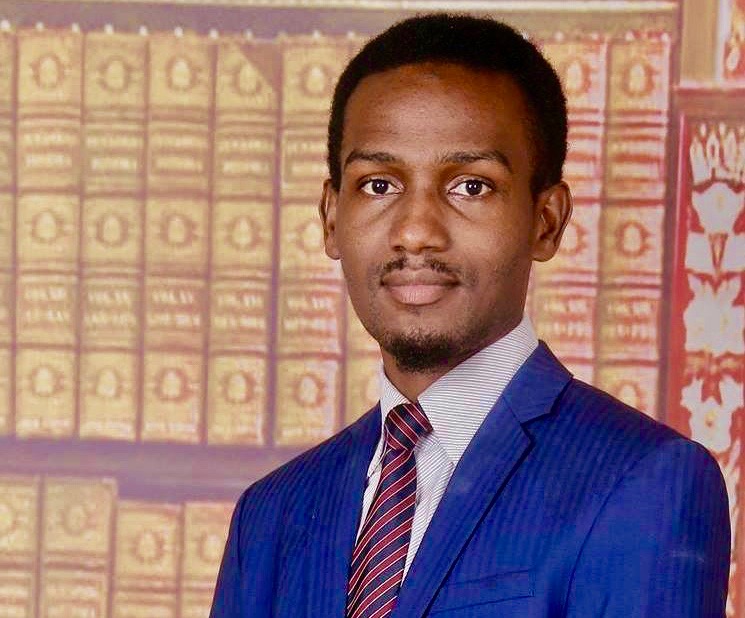The Department of State Services (DSS) says Abubakar Idris, a social media influencer better known as Dadiyata, is not in its custody. Dadiyata, a cri
The Department of State Services (DSS) says Abubakar Idris, a social media influencer better known as Dadiyata, is not in its custody. Dadiyata, a critic of the government, went missing in August. There are reports that he was abducted by armed men while driving into his residence in Kaduna state.
Many had accused the secret police of arresting him but in a statement on Tuesday, Peter Afunanya, DSS spokesman, said the agency knows nothing about Dadiyiata’s movement. He also distanced the DSS from the trial of Abba Jalingo, a journalist in Cross River state.
“The attention of the Department of State Services (DSS) has been drawn to serial allegations by sections of the media that the Service is illegally detaining some Nigerians. Of specific mention were Abubakar IDRIS (aka Dadiyata) and Agba JALINGO said to have been arrested in Kaduna and Cross River States respectively by the Service,” the statement read.
“These allegations, to say the least, are spurious and can only be taken for what they are – deliberate and subversive campaigns of calumny to undermine the Service and cast it in bad light before the public. That IDRIS was taken away from his house by some armed men does not suggest that those men were DSS staff. For the sake of emphasis, the Service has no reasons to deny its arrest and detention of suspects if actually it carried out operations during which such persons were arrested.”
The spokesman said the service is a professional body and its operations are guided by strict rules and procedures.
“It is not out of place for security and law enforcement agencies to arrest and detain law breakers or those suspected to be. The arrest and detention of suspects are procedural and undergo continuous review. In certain conditions, some are routinely questioned and released while others are granted administrative bail,” he said.
“Some who are still under investigation or already undergoing prosecution are held on the basis of court orders. Suspect handling is a critical aspect of the Service’s responsibility and this is taken seriously without any form of compromise. It diligently carries out this function in strict compliance with the criminal justice administration system and intelligence governance procedures absolutely necessary for consolidating democratic ideals in Nigeria. It is, however, important to state that suspects in the Service’s detention are not ‘routinely tortured’.
“It wishes to categorically state that it will, henceforth, not condone acts of misrepresentation and falsehood against it and in this regard, will explore legal options to seek redress.”
